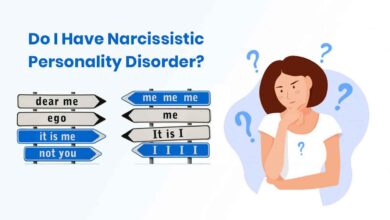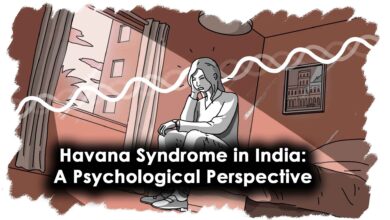Sex Education and Its Importance in Life
Discover the profound impact sex education has on individuals and society. Uncover how it empowers individuals with knowledge, fosters healthy relationships, prevents unintended pregnancies, and promotes overall well-being.


Sex education is the formal instruction about human sexuality, including biological, social, and psychological aspects. It is important for people of all ages, from children to adults, to have access to accurate and comprehensive sex education.
Here are some key points highlighting its importance:
1. Knowledge and Awareness:
Sex education provides individuals with accurate and age-appropriate information about human sexuality, reproductive health, and relationships. This knowledge helps individuals make informed decisions about their bodies and relationships.
2. Prevention of Unintended Pregnancies:
Comprehensive sex education equips individuals with information about contraception and safe sex practices, reducing the risk of unintended pregnancies and sexually transmitted infections (STIs).
3. Healthy Relationships
Sex education often includes discussions on consent, communication, and healthy relationships. This knowledge helps individuals build respectful and fulfilling relationships throughout their lives.
4. Reducing Stigma and Shame:
Open discussions about sexuality and relationships in sex education can reduce the stigma and shame often associated with these topics. This can lead to better mental and emotional well-being.
5. Empowerment:
Sex education empowers individuals to take control of their sexual health and make responsible choices. It emphasizes the importance of autonomy and the right to make decisions about one’s own body.
6. Gender and Sexual Diversity:
A comprehensive sex education curriculum includes discussions about gender identity and sexual orientation, promoting acceptance and inclusivity.
7. Safety Online:
In the digital age, sex education also encompasses issues related to online safety, including cyberbullying, sexting, and the potential risks of online relationships.
8. Parent-Child Communication:
Sex education can facilitate open and constructive communication between parents and children, allowing families to address sensitive topics in a supportive manner.
9. Mental Health:
Understanding one’s own body and sexual identity can contribute to positive mental health outcomes, reducing anxiety and promoting self-esteem.
10. Long-Term Health Benefits:
Sex education can lead to better reproductive health outcomes, lower rates of teen pregnancy, and a decrease in the spread of STIs.
In summary, sex education is not just about biology; it encompasses a wide range of topics that are essential for individuals to lead healthy, informed, and fulfilling lives. It promotes knowledge, safety, and emotional well-being while helping to reduce societal taboos and misconceptions surrounding sexuality.







